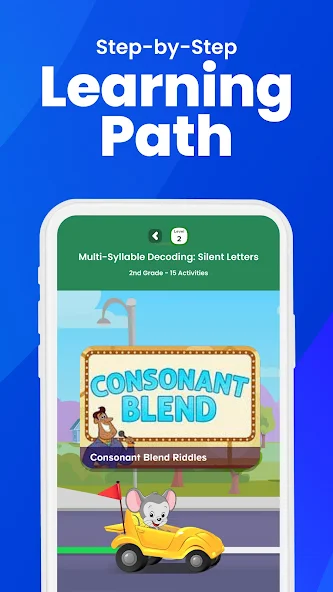In our fast-moving digital era, children are not only playing games, but they are also learning through them. And have you ever seen a child learn to solve a level in a puzzle game or recognize patterns in an app? Then you have already witnessed problem-solving.

Learning games are more than just entertaining games. They are directly involved in the development of the thought processes in the minds of the young ones. And with the proper tools, such as educational apps for children or offline preschool activities, screen time or playtime can be transformed into effective brain training.
What Exactly Is Problem-Solving in Kids?
Before we dive into it, it is important to realize that problem-solving does not only imply solving math problems. It is the skill to think, decide, adjust, and survive through many challenges. It can be a question of learning how to stack blocks so they do not fall over, or how to find the way through a maze, but children learn to stop, think and have another go. These are the skills that remain with them throughout their lives.
1. Games Teach Kids to Think Step by Step
Many learning games, such as pattern matching, sequencing, or basic coding apps, require kids to follow logic, spot patterns, and test solutions. These aren’t just fun activities. They’re training the brain to process information systematically.
For example, when using a learning app for kids, children must often complete challenges that require multi-step reasoning. And when they fail? They try again and again. This builds both resilience and analytical skills.
2. Failure Becomes Part of the Learning Process
One of the most powerful aspects of kids learning through games is that failure feels safe. There’s no embarrassment or negative marks. Just another chance to try.
This trial-and-error model brings about a growth mindset. It creates the feeling that intelligence and ability are something that can be built. Games also promote persistence, experimentation, and creative thinking, which are all key ingredients to effective problem solving in a gentle way. Select games that are open-ended and have more than one solution instead of right-or-wrong. These promote flexible thinking.
3. Games Simulate Real-World Challenges
Consider board games like Rush Hour or computer games like Lightbot. They are simulations of real-life puzzles that demand children to test hypotheses, redesign strategies, and use logic, similar to what they will be doing in school or future vocations.
Many online learning platform now includes game-based learning modules that guide kids through increasingly complex tasks while rewarding problem-solving behaviour.
4. They Encourage Independent Thinking
Unlike passive screen time, interactive games put the child in control. They’re not just watching, they’re doing. And that active participation enhances decision-making and establishes confidence. Even simple preschool games, such as matching shapes or solving visual puzzles, teach children to recognize problems and find their own solutions, rather than waiting for instructions.
5. Games Can Be Tailored to Each Learning Style
Every child learns differently. The beauty of learning apps for kids and game-based platforms is adaptability. No matter if your child learns best through seeing, touching or hearing, there is a game or app that will meet them where they are and help them think. This personalization increases both engagement and learning outcomes.
Learning games aren’t just a way to pass the time. They’re a secret weapon in helping your child develop the problem-solving skills they’ll need in school, relationships, and life. The best part? They don’t even realize they’re learning. They’re just having fun.